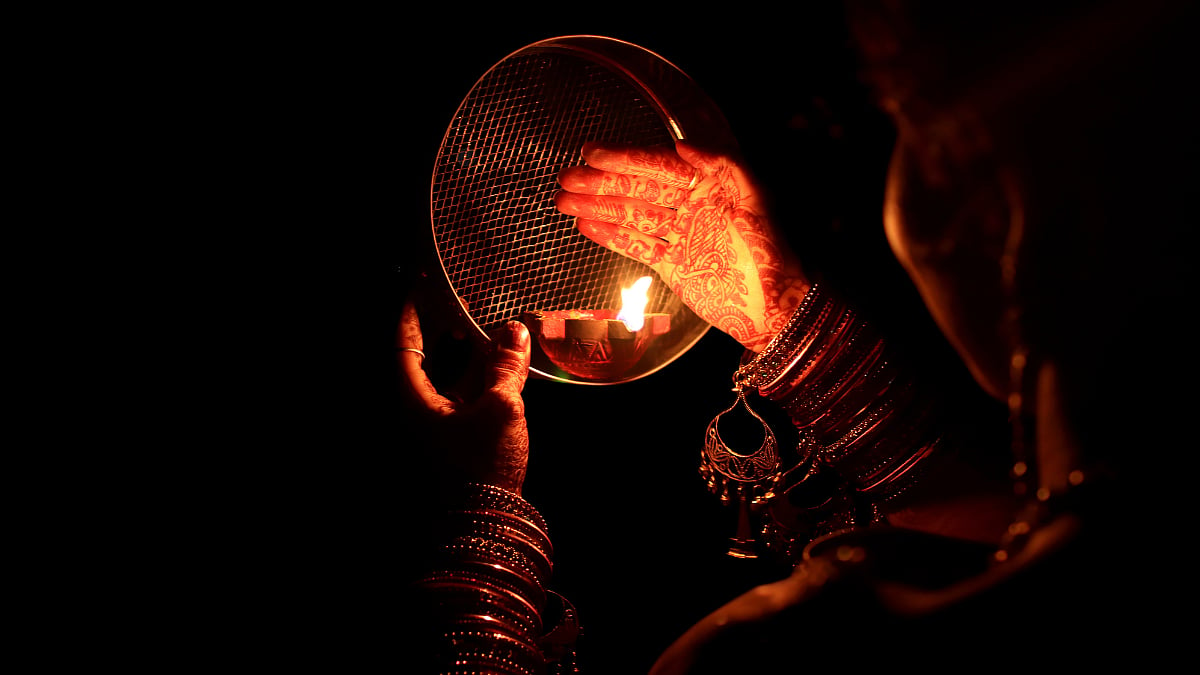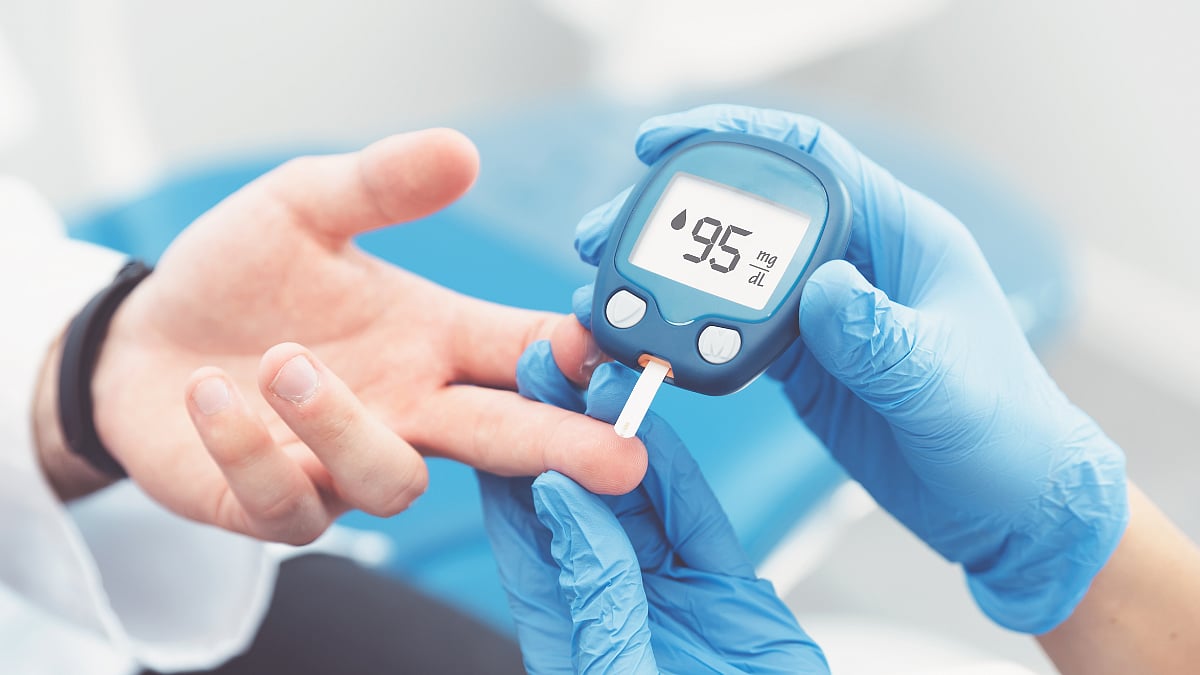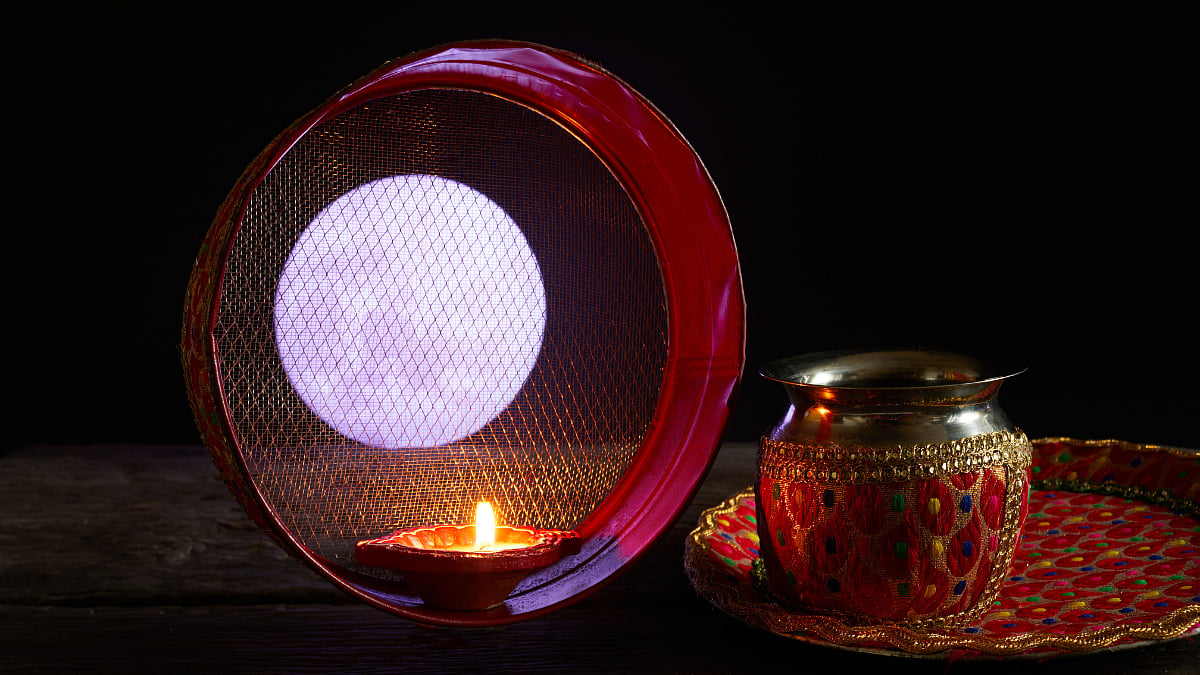Karwa Chauth 2025: Is It Safe For Diabetics To Fast? Health Risks & Tips Explained
As Karwa Chauth 2025 is celebrated across India today, many married women are observing the traditional sunrise-to-moonrise fast, a beautiful act of devotion symbolising love and faith. But for women managing diabetes, this age-old ritual comes with serious health questions. Can they safely fast for over 12 hours without food or water? And if they choose to, what precautions should they take?

Is it safe to keep the Karwa Chauth fast if you have diabetes?
Fasting during Karwa Chauth may resemble intermittent fasting, which studies, including those by the American Diabetes Association Professional Practice Committee, have shown can help balance blood sugar, improve insulin sensitivity, and support heart health. However, that doesn’t mean it’s risk-free for people with diabetes.

"Karwa Chauth is a cherished Indian tradition, but extended fasting for more than 10–12 hours can be dangerous for those with diabetes or blood pressure issues," warns Dr Smitha Nambiar, Lifestyle Medicine Specialist & General Physician. "In diabetes, prolonged fasting can cause low blood sugar, sudden fluctuations, dehydration, and fatigue. For those with hypertension, it can also trigger dizziness, weakness, or blood pressure drops."
Essentially, while fasting might be safe for some, it depends on individual health status and how well one’s diabetes is managed. Consulting a doctor before attempting the fast is non-negotiable.

How to fast safely if you’re Diabetic
Dr Nambiar advises, “If your diabetes and blood pressure are under good control, you may observe the fast with proper planning and medical advice. Never skip your prescribed medicines — instead, speak to your doctor about adjusting dosage timings.”
She adds, “Start the day with a nutrient-rich pre-dawn meal. Include milk or buttermilk, whole grains, nuts, fruits, and fibre to sustain energy levels. Avoid fried, spicy, or high-sugar foods that may cause glucose spikes. Stay well-hydrated before sunrise and rest adequately during the day to conserve energy.”

Above all, listen to your body. “If you feel dizzy, weak, or experience palpitations, break your fast immediately. Your health should always come first,” the doctor cautions.
Finally, after moonrise, experts recommend breaking the fast gently, first with water, followed by a light, balanced meal rich in proteins, healthy carbs, and vegetables.
Disclaimer: This article is for informational purposes only and should not be considered a substitute for professional medical advice. Always consult your doctor for any concerns or questions regarding your health or medical condition.
news